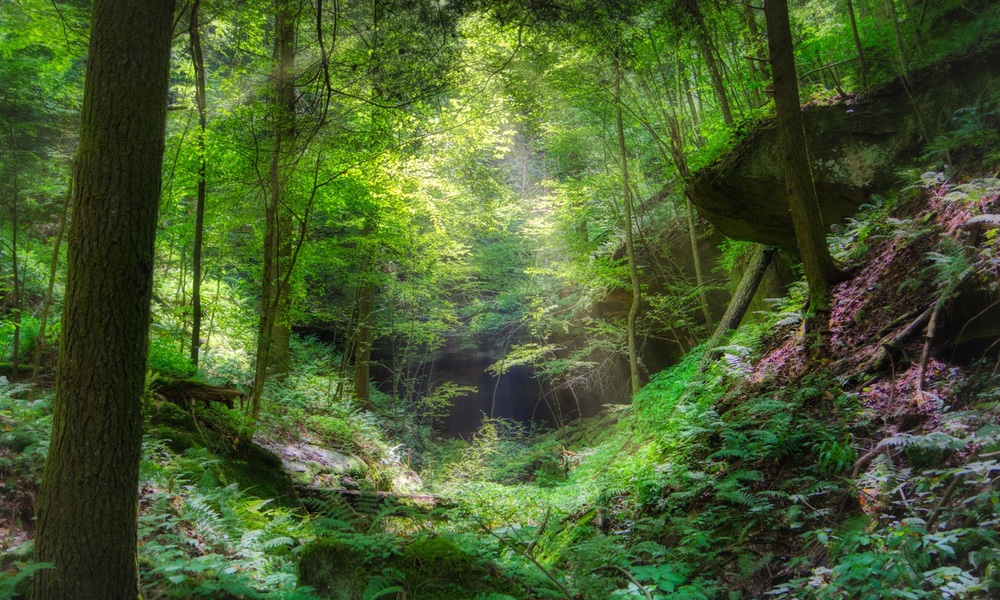Can television programs help save the planet? Maybe. It depends on what you watch.
Right now, two in five of our world’s plant species are at risk of extinction. But there could be a simple way to raise awareness and combat the trend. Watching shows about plant life and ecology increases our understanding of and commitment to the environment. It can also make us more aware of what is needed to protect it, a recent study shows.
Not surprisingly, humans are more concerned about endangered animals; we tend not to give that much thought to the importance of plants. This cognitive bias is known as “plant blindness” or “plant awareness disparity.”Green Planet had a big impact on viewers.
They focused on the 2022 BBC documentary, Green Planet, narrated by Sir David Attenborough, for their study. The show looks at the dangers of invasive monocultures and deforestation. It also featured a diversity of plant species, highlighted vegetation from tropical rainforests, aquatic environments, seasonal lands, deserts and urban spaces. The series gained an audience of over five million people.
To find out if viewing Green Planet increased the public’s interest in plants, researchers analyzed online behavior around the time of the broadcast. They first noted the plant species that appeared on the program and the time each one appeared. Then they checked out Google Trends and Wikipedia page hits for the same species before and after the episodes that aired.
Green Planet had a big impact on viewers. The University College, Dublin researchers noted the following trends after the shows aired:
- In the UK, the week after the broadcast of the relevant episode, 28 percent of search terms representing plants mentioned in the documentary had peak popularity according to Google Trends.
- Almost a third (31.3 percent) of the Wikipedia pages related to the plants mentioned in Green Planet showed increased visits the week after the broadcast.
- The more screen time spent on the documentary, the more time viewers were likely to spend on searches for plants.
Experts suggest we can help to support an environment where plants flourish by donating to legitimate land conservation organizations and voting for protection. We can also limit plant endangerment by reducing our contributions to global warming.Watching shows about plant life or ecology increases our understanding of and commitment to the environment. It can also make us more aware of what is needed to protect it.
Other ways to help:
- Develop plant sanctuaries where endangered plants species can grow.
- Support local pollination programs, installing mason bee hotels and promoting seed mixes for pollinators.
- Volunteer your yard or garden as a local plant sanctuary.
- Conserve protected land by voting for preservation and help to preserve plant habitats.
- Visit, volunteer at, and donate to states’ parks.
- Support indigenous lands. These lands have higher numbers of successfully protected plant species than state parks, wild reserves and other conservation regions.
- Develop rooftop city gardens.





